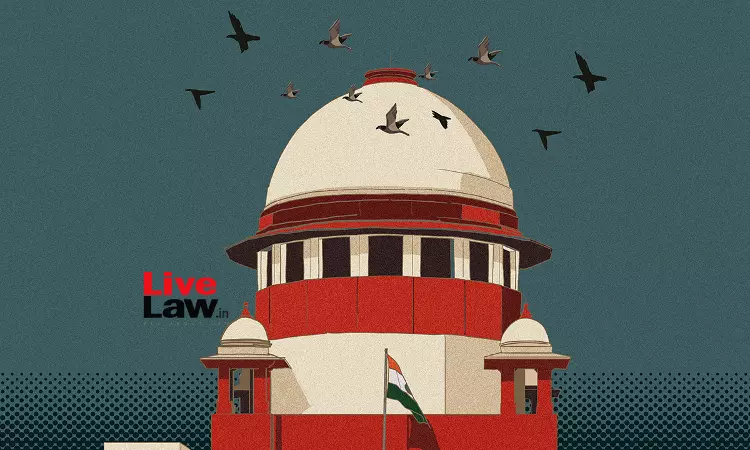Supreme Court Disapproves Of Uttarakhand High Court Approach In Disposing Matters In Same Format
Awstika Das
18 Feb 2023 11:13 AM IST

Next Story
18 Feb 2023 11:13 AM IST
The Supreme Court last week strongly disapproved of the practice of disposing of various criminal writ petitions by passing same-format orders, saying, “This approach of the High Court only burdens this court, and we thus cannot commend on the manner of disposal of the petitions in this manner.” A bench of Justices Sanjay Kishan Kaul and Manoj Misra was hearing an appeal against...
